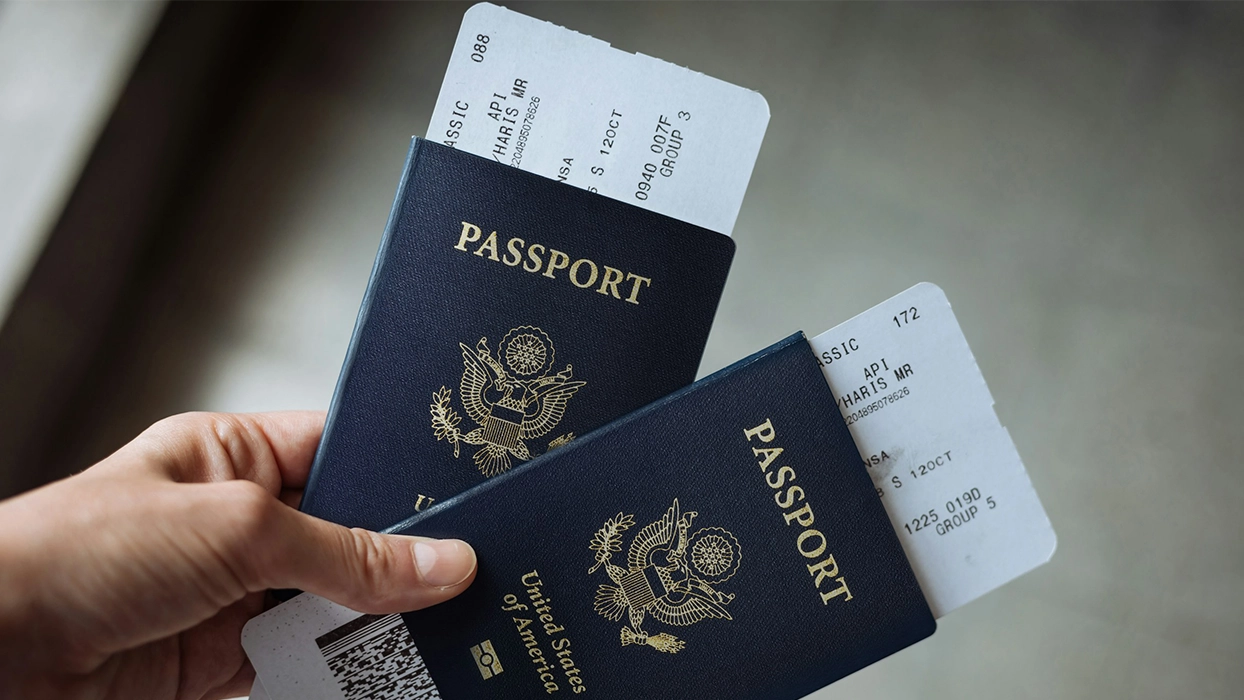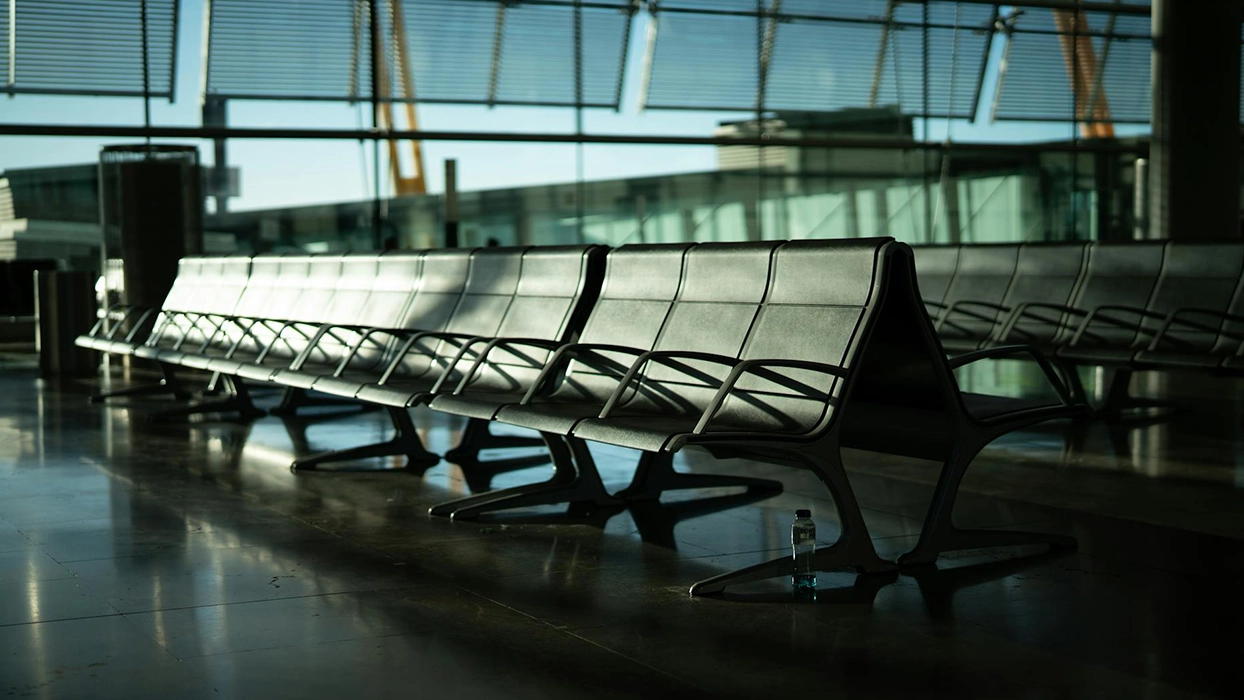How Does SAFI Work?
To understand how SAFI works, we’ll provide a high-level overview of the claims process. Please note, however, that the process may differ slightly between SAFI providers:
- Your travel business purchases a SAFI policy from a specialist insurance provider, such as TMU Management.
- An airline that your business relies on fails.
- You initiate a claim with your SAFI provider to recoup the refund or alternative travel arrangement costs you’re legally obligated to fulfil under the PTRs.
- You provide various documentation as part of your claim, including but not limited to proof of flight bookings and customer payments, receipts and invoices for new flights and any relevant expenses.
- If the claim is accepted, your company is reimbursed by the SAFI provider.
Please note that the reimbursement timeline varies depending on the complexity of your claim and the insurer. However, a well-documented claim is generally processed within a few months.












